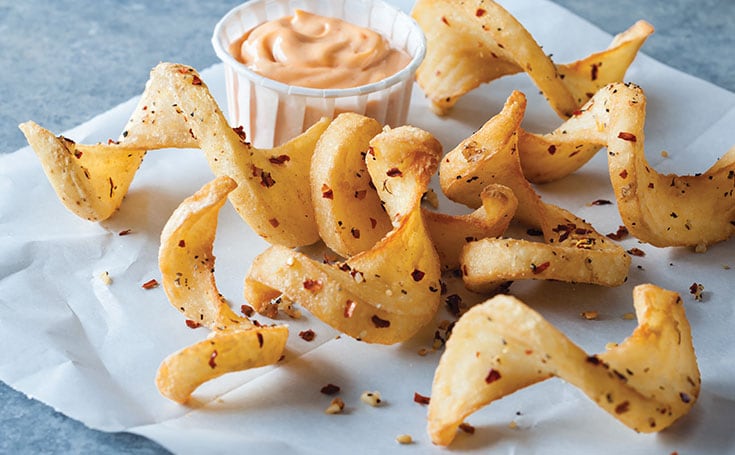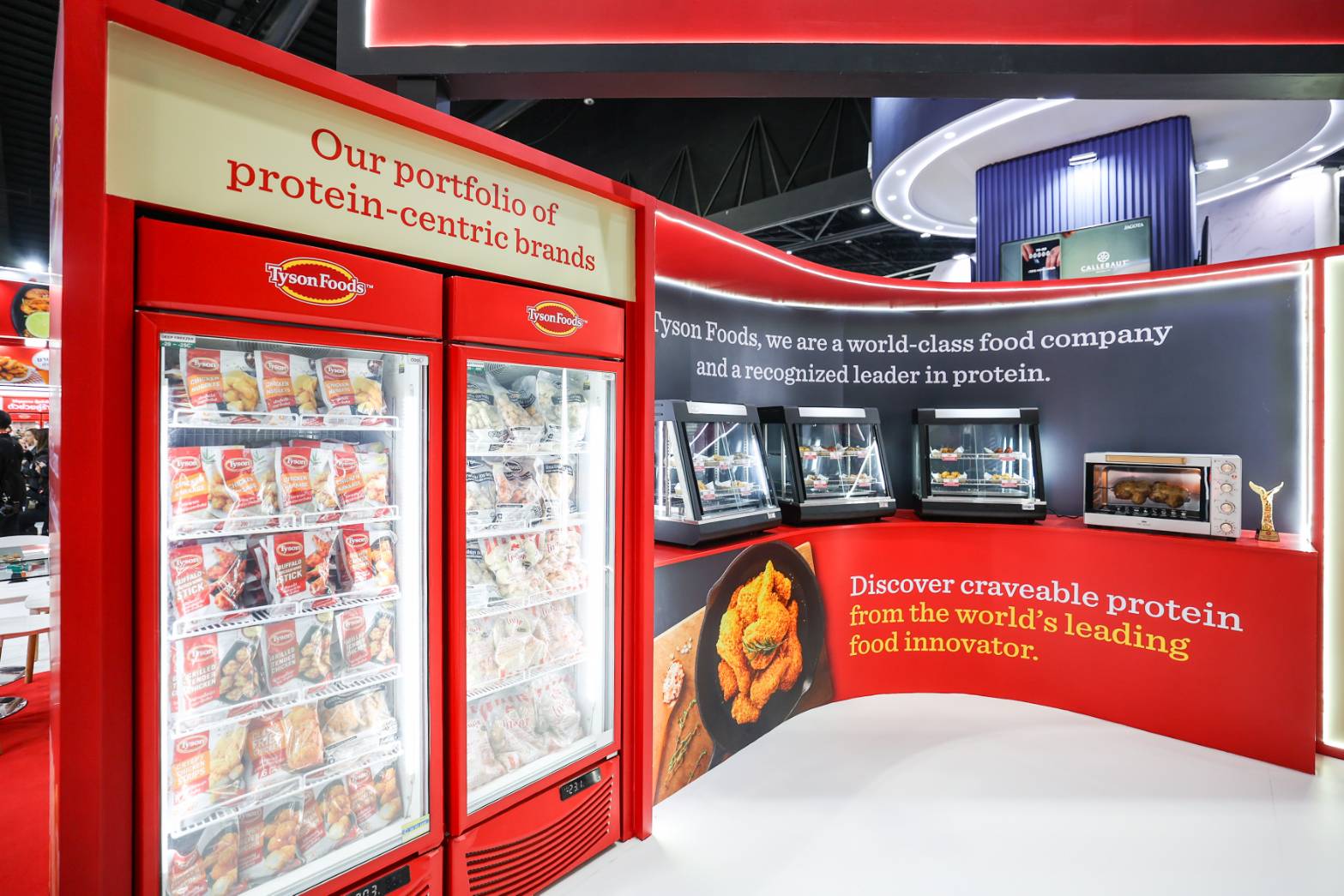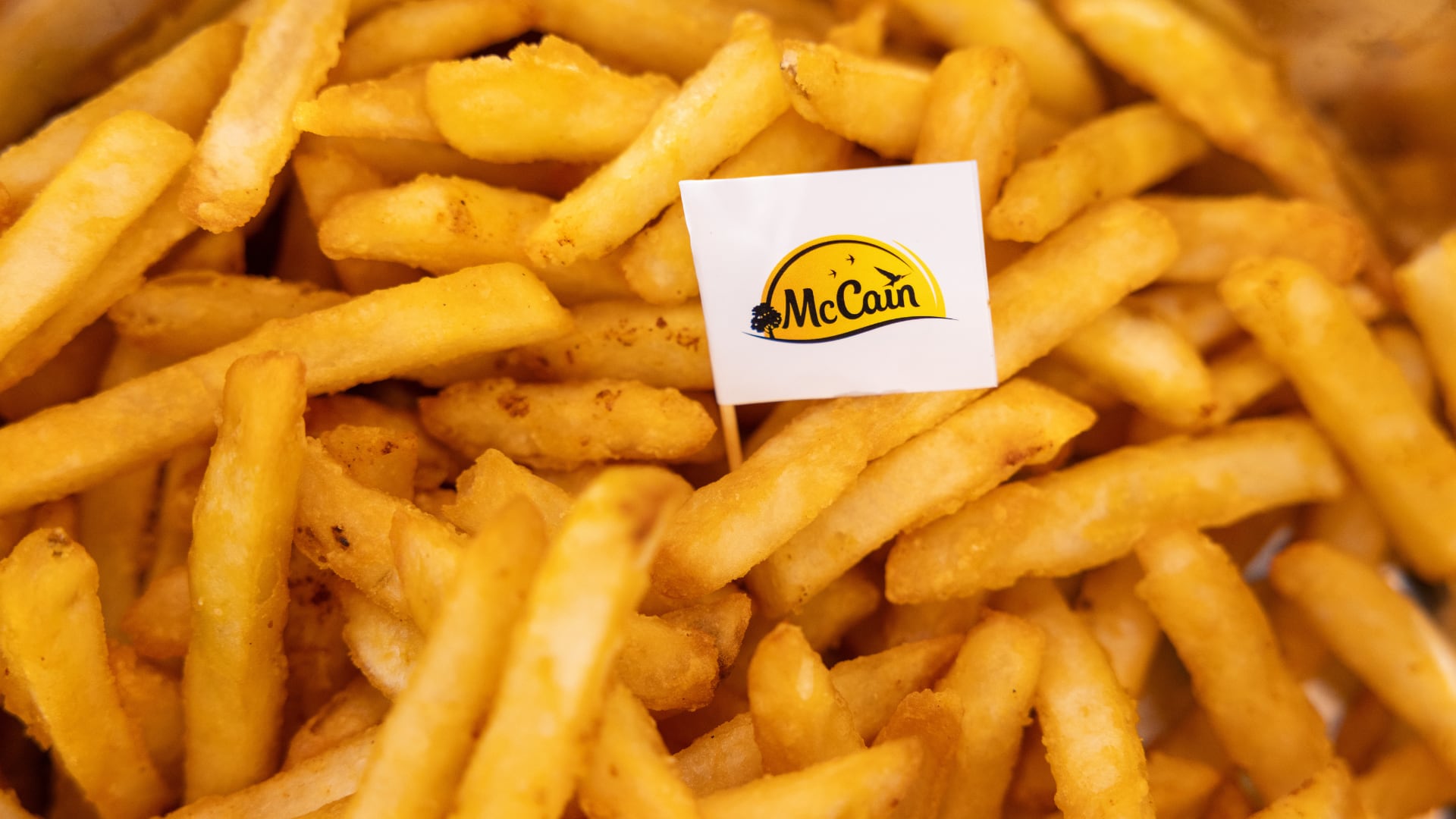Simplot is betting on unique product formats, global sourcing agility, and the wellness trend to sustain growth across the competitive APAC food landscape.
Give value for money – without sacrificing profit
Offering creative, proprietary products is Simplot’s way of addressing shrinkflation while maintaining profit margins.
“A lot of customers are focused on value for money, especially with shrinkflation happening everywhere,” said Darren Sau, Simplot’s Sales Director for South East Asia. “To stay profitable, you need to stand out with something unique.”
One example is Simplot’s patented Sidewinder fries, supplied to KFC and other international quick-service restaurant (QSR) chains. “Sidewinders are made only by Simplot — no one else has them,” said Sau. “They make customers feel they’re getting something different, even as food costs rise.”
Diversify production sites to manage rising costs
To manage rising food costs, Simplot taps into its global network of production sites.
“Consumers and operators are under pressure from rising prices, so we’ve activated multiple plant sources,” said Sau.
“We have factories in the US, Australia, China, and India. Depending on a customer’s needs and price points, we decide which source to supply from.”
He added that beyond costs, health-consciousness is an increasingly important consideration in product development.
Ride the wellness trend
Wellness remains a key driver in Simplot’s product innovation, particularly in its avocado range.
“We’re seeing a clear trend toward healthy eating, which is why we’ve invested in three avocado factories,” Sau said.
“Based on our internal data, avocado ranks second in terms of consumer preference for healthy foods.”
To capitalise on this, Simplot has developed a range of avocado-based product formats – from guacamole and snackable applications to desserts like avocado ice cream and even beverages.
“We create ideas and recipes that make healthy food not just good for you, but also enjoyable,” he added.
On whether the firm faces challenges while strategising for growth, Sau shared that one of the greatest concerns is costs, as there is always pressure to introduce cheaper products at a lower price to manage competition.
This is particularly significant in light of geopolitical tensions, which can cause supply chain disruptions and put pressure on consumers to spend less.
Effect of US tariffs – protecting the supply chain
While Simplot is headquartered in the US, its South East Asia operations do not export to the US and are unaffected by recent tariff changes.
“Most of Southeast Asia isn’t retaliating – Vietnam is still in negotiations with the US, but I don’t see it as a major issue,” Sau said.
“Higher tariffs just mean less US exports to them, which doesn’t affect our market.”
With manufacturing plants in India, Australia, and China, the company can quickly shift supply if needed. “Even if we face issues with the US, we have flexibility. I don’t have to rely on our US plant – I can supply from our Australia plant, for example,” he added.





